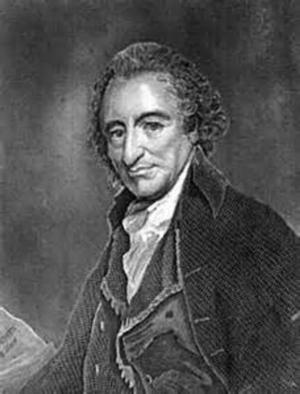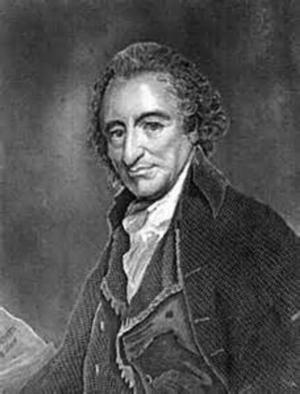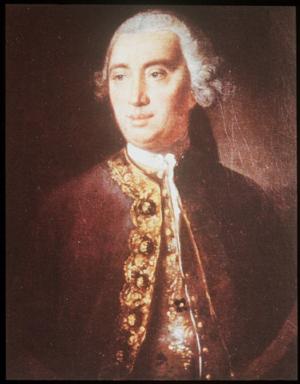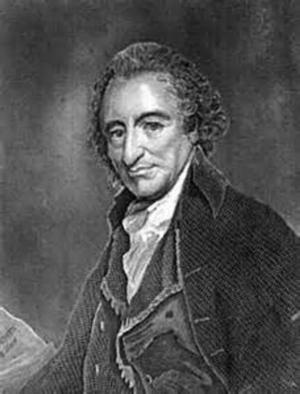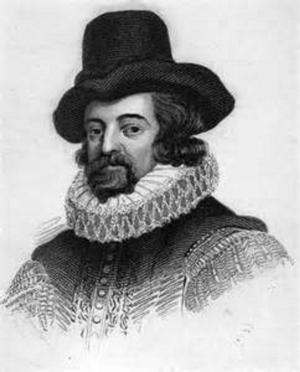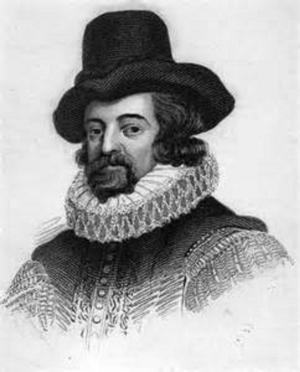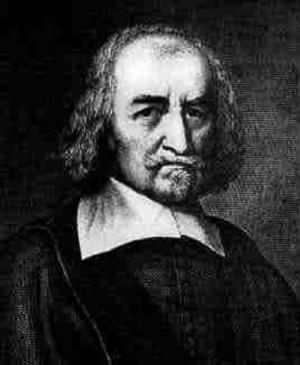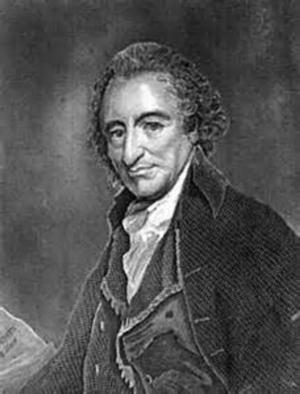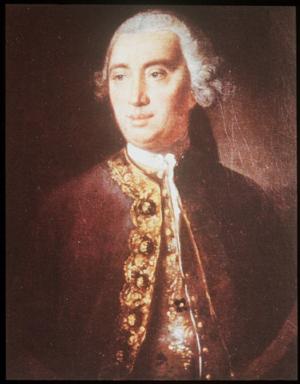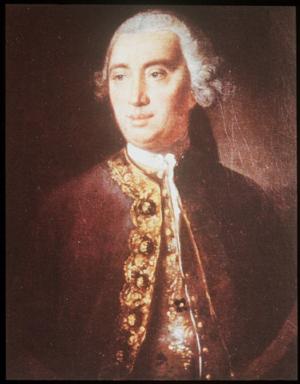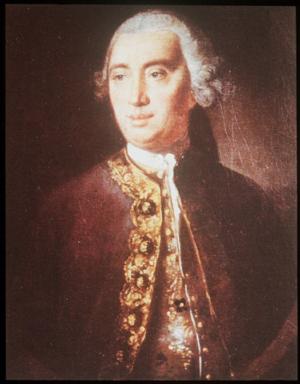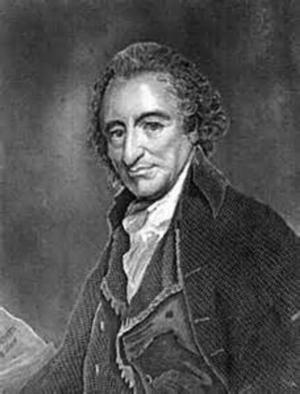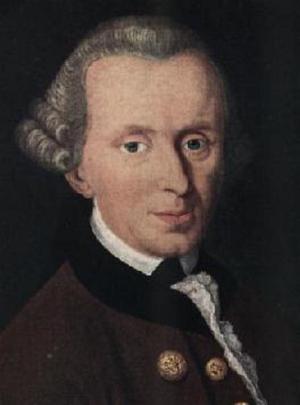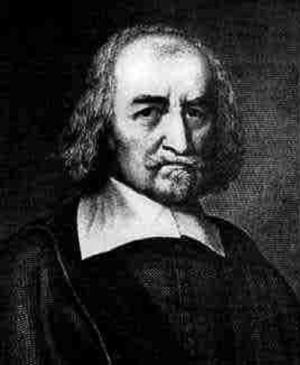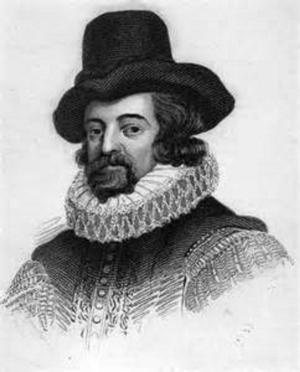Thomas Hobbes Classic Collection on Political Philosophy (Illustrated)
Business & Finance, Economics, Macroeconomics, Theory of Economics| Author: | Thomas Hobbes, Timeless Books: Editor | ISBN: | 1230000634922 |
| Publisher: | www.WealthOfNation.com | Publication: | August 27, 2015 |
| Imprint: | Language: | English |
| Author: | Thomas Hobbes, Timeless Books: Editor |
| ISBN: | 1230000634922 |
| Publisher: | www.WealthOfNation.com |
| Publication: | August 27, 2015 |
| Imprint: | |
| Language: | English |
The book has an active table of contents for easy access to each chapter of the following titles:
1. LEVIATHAN – THOMAS HOBBES
2. DE CIVE: PHILOSOPHICAL RUDIMENTS CONCERNING GOVERNMENT AND SOCIETY – THOMAS HOBBES
3. THE ELEMENTS OF LAW, NATURAL, AND POLITIC – THOMAS HOBBES
4. OF LIBERTY AND NECESSITY – THOMAS HOBBES
Thomas Hobbes is a great philosopher and one of the founders of the modern system of political philosophy. He is in the row with the greatest thinkers as Isaac Newton, John Locke, Immanuel Kant, Francis Bacon, and Jean Rousseau. Their collected thoughts has had strong influence on building the foundation of the United States and its endeavor of open society.
In 1640, Hobbes completed and published his THE ELEMENTS OF LAW, NATURAL, AND POLITIC. It is regarded as the first great and well received philosophical work written in English by Thomas Hobbes. It is an English product of the intellectual and political revolution of the seventeenth century. In this book, Hobbes did a permanently relevant analysis of the fears of self-seeking that resulted in the war of “each against every man” and laid out the foundational lines of his natural philosophy that were further explored in his DE CIVE and of his moral and political philosophy later made him more famous in LEVIATHAN.
In 1646, Hobbes completed and published his OF LIBERTY AND NECESSITY. Hobbes’s view of free will in this book made him a rather notorious figure. Samuel Pepys, an English naval administrator and Member of Parliament under King Charles II, said “lay long reading Hobbs his OF LIBERTY AND NECESSITY, and a little but very shrewd piece, and so to sleep.” Hobbes discussed the relations between will and actions in the book. He further argued that actions and people could be free if they did not face external impediments to do what they would like to do. His conclusion was that the actions were caused by what we wanted but we did not generally control what we wanted.
In 1651, Hobbes completed and published his English translation of DE CIVE, PHILOSOPHICAL RUDIMENTS CONCERNING GOVERNMENT AND SOCIETY. It is regarded as one of great and well received works written by Thomas Hobbes right before the English Civil War. Hobbes explored thought about the relation between reason and law in this great political work. This work reflects his concerns about the war and his views about liberty based on man's natural condition, dominion for the necessity of establishing a stable government, and religion.
In 1651, Hobbes published Leviathan that it is regarded as the most influential work to lay out the foundation of social contract theory for Western political philosophy. He declared the structure of society and legitimate government in the book. Hobbes also argued the need for a social contract and rule by an absolute sovereign. Since Hobbes wrote this book during English civil war from 1642–1651, he further argued that civil war of all against all could only be stopped through a peaceful course by a strong undivided government.
Thomas Hobbes expressed the last words with a great pride and optimism to our future "A great leap in the dark" in his final moments of life. He is forever remembered as essential enabler, reformer, and contributor for that great leap in the dark. His work has produced great influence on modern political philosophy. His view became widely recognised as the foremost philosophical voice and his influence has been felt in nearly every field of the humanities and social sciences.
This book is one of the most important ones about political philosophy by Thomas Hobbes, one of the greatest thinkers of modern philosophy on the planet.
The book has an active table of contents for easy access to each chapter of the following titles:
1. LEVIATHAN – THOMAS HOBBES
2. DE CIVE: PHILOSOPHICAL RUDIMENTS CONCERNING GOVERNMENT AND SOCIETY – THOMAS HOBBES
3. THE ELEMENTS OF LAW, NATURAL, AND POLITIC – THOMAS HOBBES
4. OF LIBERTY AND NECESSITY – THOMAS HOBBES
Thomas Hobbes is a great philosopher and one of the founders of the modern system of political philosophy. He is in the row with the greatest thinkers as Isaac Newton, John Locke, Immanuel Kant, Francis Bacon, and Jean Rousseau. Their collected thoughts has had strong influence on building the foundation of the United States and its endeavor of open society.
In 1640, Hobbes completed and published his THE ELEMENTS OF LAW, NATURAL, AND POLITIC. It is regarded as the first great and well received philosophical work written in English by Thomas Hobbes. It is an English product of the intellectual and political revolution of the seventeenth century. In this book, Hobbes did a permanently relevant analysis of the fears of self-seeking that resulted in the war of “each against every man” and laid out the foundational lines of his natural philosophy that were further explored in his DE CIVE and of his moral and political philosophy later made him more famous in LEVIATHAN.
In 1646, Hobbes completed and published his OF LIBERTY AND NECESSITY. Hobbes’s view of free will in this book made him a rather notorious figure. Samuel Pepys, an English naval administrator and Member of Parliament under King Charles II, said “lay long reading Hobbs his OF LIBERTY AND NECESSITY, and a little but very shrewd piece, and so to sleep.” Hobbes discussed the relations between will and actions in the book. He further argued that actions and people could be free if they did not face external impediments to do what they would like to do. His conclusion was that the actions were caused by what we wanted but we did not generally control what we wanted.
In 1651, Hobbes completed and published his English translation of DE CIVE, PHILOSOPHICAL RUDIMENTS CONCERNING GOVERNMENT AND SOCIETY. It is regarded as one of great and well received works written by Thomas Hobbes right before the English Civil War. Hobbes explored thought about the relation between reason and law in this great political work. This work reflects his concerns about the war and his views about liberty based on man's natural condition, dominion for the necessity of establishing a stable government, and religion.
In 1651, Hobbes published Leviathan that it is regarded as the most influential work to lay out the foundation of social contract theory for Western political philosophy. He declared the structure of society and legitimate government in the book. Hobbes also argued the need for a social contract and rule by an absolute sovereign. Since Hobbes wrote this book during English civil war from 1642–1651, he further argued that civil war of all against all could only be stopped through a peaceful course by a strong undivided government.
Thomas Hobbes expressed the last words with a great pride and optimism to our future "A great leap in the dark" in his final moments of life. He is forever remembered as essential enabler, reformer, and contributor for that great leap in the dark. His work has produced great influence on modern political philosophy. His view became widely recognised as the foremost philosophical voice and his influence has been felt in nearly every field of the humanities and social sciences.
This book is one of the most important ones about political philosophy by Thomas Hobbes, one of the greatest thinkers of modern philosophy on the planet.

